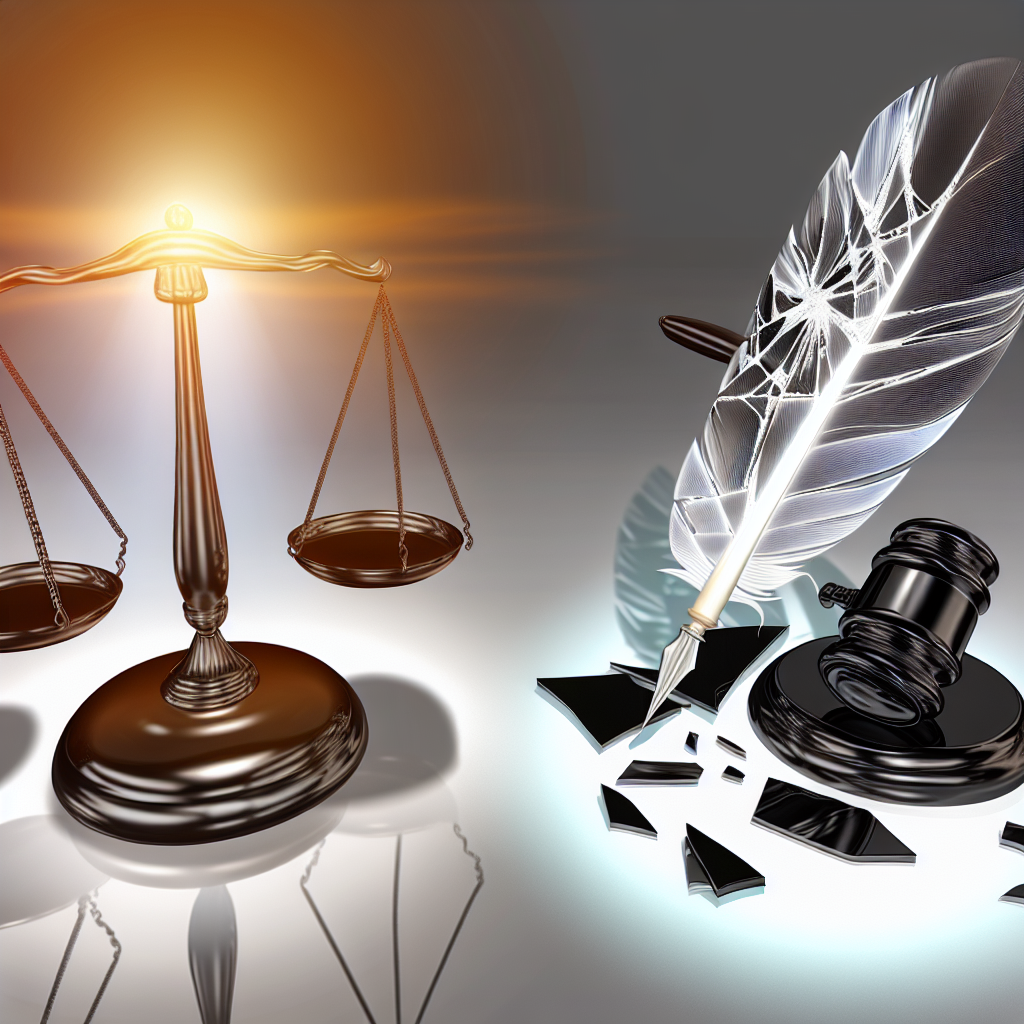
Defamation and Libel: Legal Remedies for Reputational Harm
Defamation and Libel: Understanding Legal Remedies for Reputational Harm
In an era where information spreads rapidly, the concepts of defamation and libel have gained significant attention. Reputational harm can cause severe damage to individuals and businesses alike. In this article, we will explore the mechanisms of defamation and libel, legal remedies available to victims, and how The Consultant Global can assist clients navigating these complex issues.
What is Defamation?
Defamation refers to any false statement made about an individual or entity that injures their reputation. In the legal realm, defamation is categorized into two main types: libel and slander.
Libel vs. Slander
- Libel: This pertains to defamatory statements made in written form. Examples include false articles, blog posts, or social media content.
- Slander: This involves harmful spoken statements. An example would be defamatory remarks made during a public speech or conversation.
Legal Elements of Defamation
To succeed in a defamation claim, the plaintiff typically must prove the following elements:
- False Statement: The statement in question must be demonstrably false.
- Publication: The statement must have been communicated to a third party.
- Fault: Depending on the jurisdiction, the plaintiff may need to show negligence or actual malice.
- Harm: The plaintiff must show that the statement has caused actual reputational harm.
Legal Remedies for Defamation and Libel
Upon establishing that defamation has occurred, victims can pursue several remedies. The key remedies include:
1. Monetary Damages
Victims of defamation may seek compensatory damages for the harm suffered. This can include:
- General Damages: For non-economic harm such as loss of reputation, emotional distress, and humiliation.
- Special Damages: For quantifiable financial losses directly resulting from the defamatory statement.
2. Punitive Damages
If the defendant’s actions were particularly egregious or malicious, courts might award punitive damages intended to punish the wrongdoer and deter similar behavior in the future.
3. Injunctive Relief
A victim may seek a court order preventing the defendant from continuing to publish or disseminate the defamatory statements.
4. Retractions and Corrections
In some cases, the victim may request a retraction or correction of the defamatory statement, which can mitigate the harm caused and restore a tarnished reputation.
Jurisdictional Considerations
Legal standards for defamation and libel claims can vary significantly between jurisdictions, particularly between the U.S. and U.K. laws. Understanding the specific regulations applicable to your situation is crucial for an effective legal strategy.
U.S. Defamation Law
In the U.S., public figures must meet a higher burden of proof than private individuals. They must demonstrate actual malice—that the statement was made knowing it was false or with reckless disregard for the truth.
U.K. Defamation Law
In the U.K., the burden typically lies on the defendant to prove the truth of the statements to avoid liability, making it comparatively more plaintiff-friendly.
UAE Defamation Context
In the UAE, defamation is taken seriously, with strict penalties for defamatory actions. Legal outcomes can vary, and local legal counsel is essential for navigating this complex landscape.
Taking Action: Steps to Consider
If you believe you have been a victim of defamation, consider the following steps:
- Document the Defamation: Keep records of the defamatory statements, their sources, and any evidence showing harm to your reputation.
- Consult Legal Experts: Engage legal professionals who specialize in defamation law to assess the strength of your case.
- Consider Alternatives: Explore potential avenues for resolution, such as mediation or negotiation, before resorting to litigation.
The Role of The Consultant Global
At The Consultant Global, we understand the intricate landscape of defamation and libel and the significant impact it can have on businesses and individuals. Our team is uniquely positioned in the GCC and UAE, equipped with extensive experience and expertise across various industries.
Our language skills, including proficiency in English, Turkish, Azerbaijani, Russian, and French, allow us to communicate effectively with diverse clients and stakeholders. With a commitment to integrity and a deep understanding of various cultural contexts, we offer tailored consultancy services that provide real value.
We prioritize assessing the specific needs of our clients, advising them on the most effective strategies to protect their reputations and navigate any legal challenges they may face. We recognize that reputational harm can disrupt business operations, and we are here to support you in mitigating those risks.
Conclusion
Defamation and libel present serious challenges for individuals and companies, but understanding your rights and legal remedies is crucial for safeguarding your reputation. The Consultant Global is dedicated to being your trusted advisor in these matters, offering insights and expertise that address your unique situation. By working closely with our team, you can navigate these complex issues with confidence, allowing you to focus on your core business objectives.
Reach out to us today to learn more about how we can assist you in addressing reputational harm and other business challenges effectively.




Leave a Reply